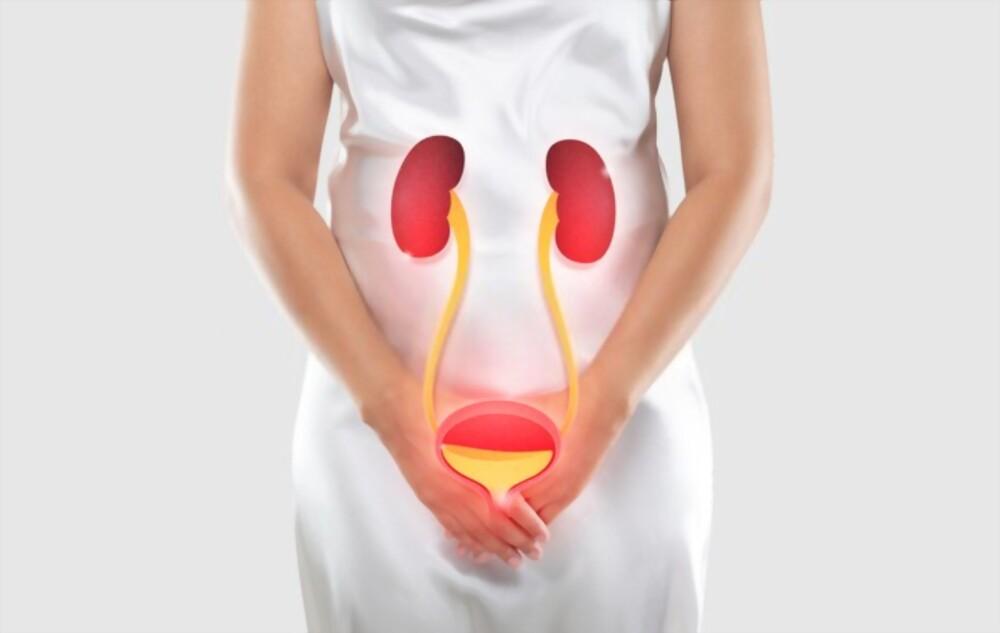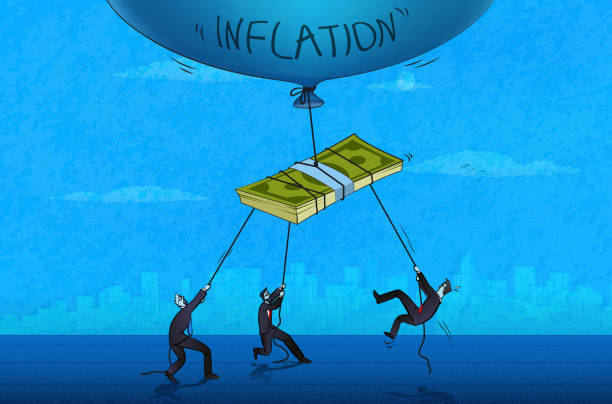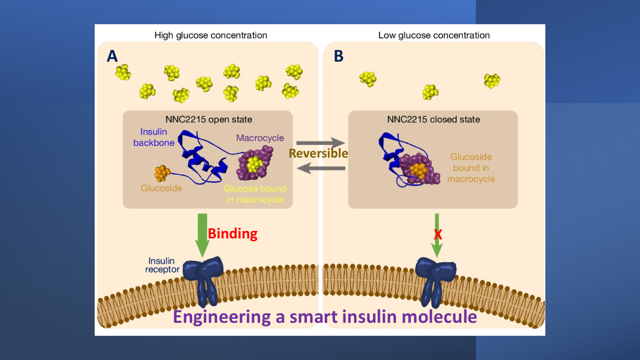In the interest of long-term health, it is not a great habit to hold your urine. But in the short term, at least your brain and body got you covered. Humans should urinate four to six times a day. But unforeseen circumstances can force us not to urinate in time. This leaves us with two questions;
1. How bad is this habit?
2. How long can our body withstand it?
Process of micturition or urination
The bladder is an expandable organ. The process of emptying your bladder involves muscle contraction. Two tubes called ureters bring filtered urine down from your kidneys and into your bladder. Once the bladder gets halfway filled, it flows down to the urethral and then waits for the urethral outlet to open so that urine can be expelled and bladder emptied.
This urethral outlet is made up of muscles that we voluntarily control by contracting the muscle when we want to hold or release urine.
How much can the bladder hold?
When the bladder contains 150mls of urine the micturition reflex sends signals to the brain, which makes us feel the urge that we need to urinate. This happens when your bladder is only a quarter of the way full.
When you first feel the urge to pee, your bladder probably has quite some time to go before it’s completely filled up. At 400-500mls we began to feel uncomfortable and just want to answer nature’s call and empty the bladder.
At above 1,000mls, the bladder is at risk of bursting and causing severe life-threatening conditions.
Dangers of not urinating in time
Holding in your urine for six hours during that one memorable road trip probably won’t hurt you long-term. But if you’re constantly ignoring the urge to pee, you may develop complications;
1. Overactive bladder: Weak muscle wall which leads to frequent urination.
2. Bladder pain: Prolonged strain over time will result in pain in the bladder.
3. Urgency: Difficulty in holding urine
4. Urinary retention: Inability to empty all the urine from the bladder. It feels like you are done urinating.
5. Urinary incontinence: Unintentional passing of urine. Loss of bladder control.
6. Urinary tract Infection: Stagnant urine serves as a medium for microorganisms to grow which leads to urinary tract infection.
Watch the video here:
Can you die from not urinating on time?
Your chances of dying from holding in pee are very, very low. In rare scenarios, a person may hold their pee for so long that when it’s time to finally release urine, they aren’t able to do it. This can result in a burst bladder. If your bladder were to burst, you would need medical attention immediately. A burst bladder is a life-threatening condition.
How many times in a day is normal?
Once you’re an adult, visiting the bathroom to pee six to seven times per day is considered average. Going as few as four times and as many as 10 times is still within the scope of what’s considered normal.
Infants and children have smaller bladders, so they need to empty their bladders more often.
Toddlers may seem like they go even more, especially during toilet training. 10 or more times.
Conditions that affect urination
1. Medical conditions: Diabetes, Pregnancy, Sickle cell anaemia, Enlarged prostate, Kidney Failure,
2. Dehydration: This is When too much fluid is lost and it affects the body’s functions.
Symptoms of dehydration can include dizziness, infrequent urination, Brown/dark yellow urine.
3. Medications: Like Anti-diuretic, Antidepressants, Antihistamines and some Antihypertensives.
When to see a doctor
If you’re having trouble peeing, you should see a doctor. This is not a symptom you should try to learn to live with. Don’t wait a long time to address difficulty peeing. After 36 to 48 hours of symptoms, it’s time to seek a professional diagnosis.
As a general rule, empty your bladder whenever the urge strikes. Empty fully every time you go, and try not to rush the process.
There are some medical conditions that can make peeing painful, uncomfortable, or even impossible. If you’re having difficulty peeing, you should see your doctor within a day or two of the onset of symptoms.
Thank you for reading
Dr Kelly!
















Follow Us